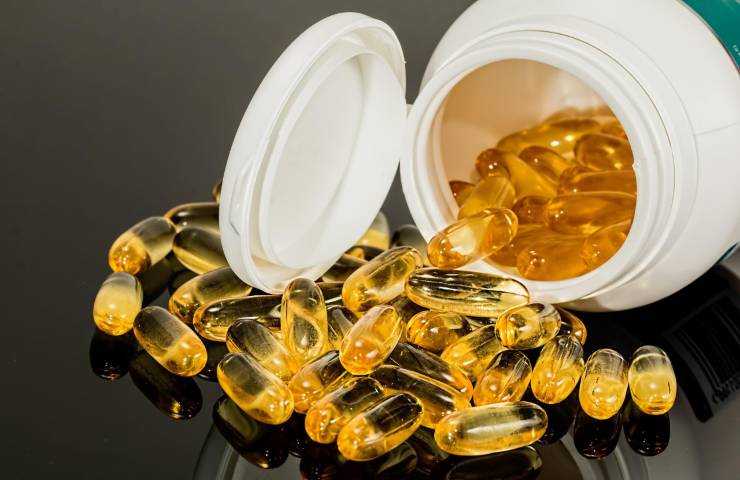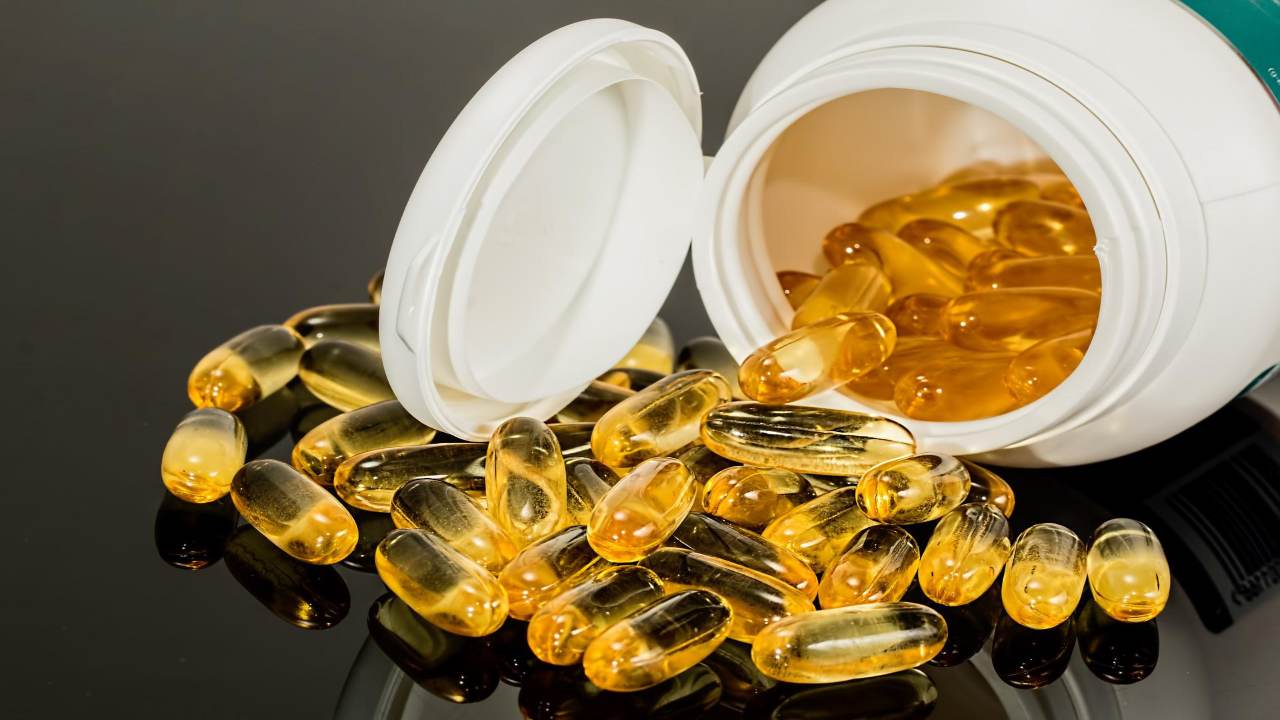We spoil you all the curiosities about the world of vitamins. Supplements necessary for our well-being, are they really good? Let’s find out together.
We hear more and more about vitamins and the well-being of the organism. These supplements would reintegrate in our body all those essential salts that we lose in daily life due to stress or unhealthy lifestyle habits. But are these supplements really good for you?
What do we need to know before taking vitamins? We explain all the curiosities about it today.
We spoil you everything there is to know about the world of vitamins. Ready?

To start talking about vitamins you need to start talking about nutrients. Nutrients are those essential substances for the life of our organism and its metabolism. These substances are then divided into macronutrients, like the sugars, proteins and fatse micronutrients, nutritional principles that our body must receive from the outside.
Micronutrients are part of the vitamins. These are organic chemical compounds that can help select body functions based on membership class. They constitute an essential help for the organism, above all because they introduce substances into the body that the diet often struggles to bring.
YOU MAY ALSO BE INTERESTED IN: Grandma takes care of reactivating the metabolism. Natural remedies that fool the body and mind
Vitamins are then divided into two large groups: those water-soluble and fat-soluble. What changes is the metabolism process. Water-soluble ones, such as vitamins C e B, they do not accumulate in the tissues and are indeed rapidly excreted in the urine. For this reason it is rare to experience an overdose.
Those fat-soluble they are instead conveyed to the organism by grassi and are stored in the tissues, especially in the adipose one. Elimination is slower and in this case an overdose can occur. The only way for overdose to occur is by massive intake of supplements. Rarely, nutrition alone leads to an excessive accumulation of vitamins of the same type.
Among the fat-soluble vitamins we find the A, the D, the E and the K. Among the various beliefs around vitamins is the one for which they would do put on weight. Nothing could be more false. Vitamins are calorie-free nutrients unable to make changes in body weight. They are quite useful in promoting the absorption of energy from food.
Another myth, which is partly true, is that vitamins are completely lost during the process cooking of a food. Although high temperatures can alter the saline components of a food, the viamines remain intact and therefore transmissible to the body, at the most they can shrink the amount. There boiling it is the cooking method that involves the greatest loss of vitamins.
So what if we freeze Foods? Do not worry, even in this case you will not lose your vitamin intake. The foods richest in vitamins are i vegetables. This is because vegetables, greens and vegetables, are the only organisms capable of producing vitamins in such a way autonomous.
Among the other curiosities around vitamins is the following. The quantity of vitamins contained in a supplement is defined by law and therefore punishable in case of transgression. The quatitative must comply with a minimum value that is kept above under of the threshold of toxicity.
Vitamins are not essential for everyone. Especially in the Western world there are rare cases in which there are severe vitamin deficiencies unless it is present a disease or eat a particularly unbalanced diet. The countries of the world most deprived of basic resources, such as water and food, are those that most need vitamins to ensure the well-being of their population.
